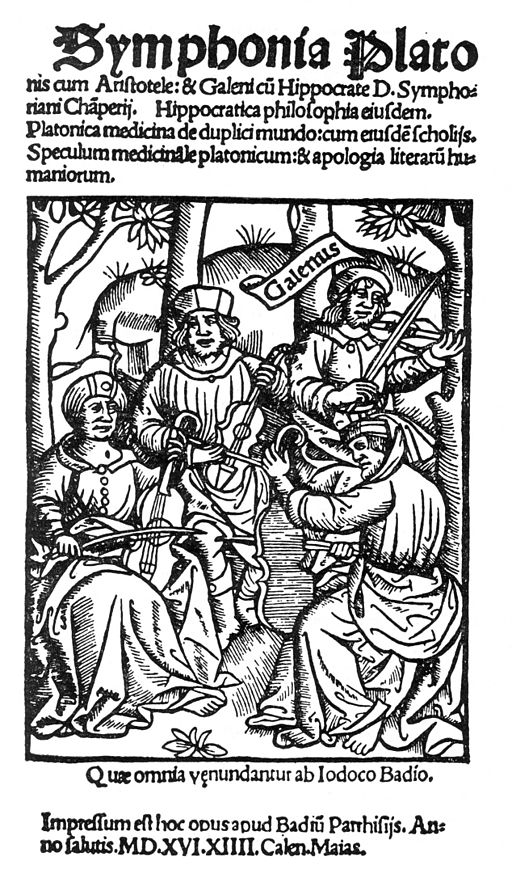Arnau de Vilanova often regarded Aristotle’s natural philosophy as his theoretical underpinning, but through his medical orientation he often leaned towards the medical authorities Hippocrates and Galen. He translated, adapted and commented on their works in the courses he taught. What is more, in view of the empirical currents that were gaining ground in Montpellier, Arnau defended the need to study the texts of Hippocrates and Galen without intermediaries, “because not only were they the creators of reason and knew the art, but they also transmitted the method of finding the right practice in applying remedies”. He often praised Hippocrates’ “expertise”, even though he did not seem to know how to handle a large number of Hippocratic texts and was often aware of them only through Galen’s commentaries. And this is unquestionably the foundation of all the medical doctrines of the master from Montpellier and the author he cited far and away the most. Arnau examined and divulged the “new Galenism” in his lessons and his works. In Montpellier, progress in knowledge of Galen culminated with the works of Arnau de Vilanova and the papal orders of 1309 issued by Clement V, with the advisement of Arnau and other masters from the same faculty, which made Galen’s predominance in the curriculum official.
However, Arnau did not look down on Arab medicine, which had become the main vehicle for transmitting the Greek tradition. He translated Avicenna and Abu-i-Salt and often used and praised authors like Al-Kindi, Rhazes and Avicenna. Yet he did not always acknowledge his debt to Avicenna and was critical of his followers, who were gaining ground at the universities, by calling them “scholars of a single book” because they found facile answers to all medical problems in the Canon, while ignoring the texts by Hippocrates and Galen. However, his most ferocious attacks were reserved for Averroes and his followers, and some of his works even have an anti-Averroes bias. Yet Arnau stayed away from the medical tradition from the Latin Middle Ages, both the authors before him and his contemporaries.
